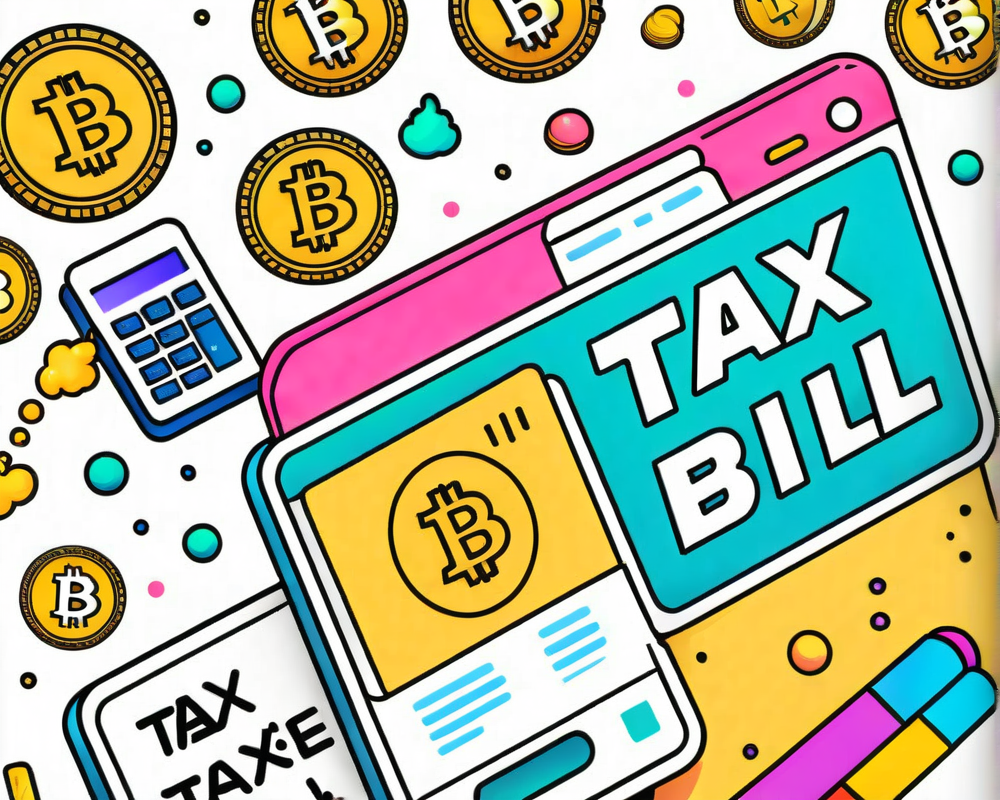The Virtual Currency Tax Fairness Act: A Glimpse into the Future
In a bold move that could change the crypto landscape, Representative Suzan DelBene of Washington has taken steps to amend the Internal Revenue Code, proposing that cryptocurrency users be exempt from taxes on transactions under $200. Yes, you heard that right! This ambitious bill, known as the Virtual Currency Tax Fairness Act of 2022, aims to bring some sanity to our beloved yet complicated virtual currency tax environment.
Why This Bill is a Game-Changer
In the eyes of DelBene, current regulations around virtual currency have the subtlety of a sledgehammer—antiquated and ill-suited for the dynamic nature of digital currency. The lawmaker argues that these rules treat crypto like stocks or ETFs, which feels about as outdated as a flip phone. “The U.S. must stay on top of these changes and ensure that our tax code evolves with our use of virtual currency,” said DelBene. And who can argue with the need for a tax system that reflects our increasingly digital lives?
A History of Crypto Tax Legislation
This isn’t DelBene’s first rodeo with crypto tax legislation. Congressional attempts to address these issues have emerged multiple times, like that one relative who shows up for every holiday dinner. Back in 2017, Representative David Schweiker nudged a bill that sought to exempt transactions under $600, only to have it gather dust until they reintroduced it in 2020, lowering the cap to a more user-friendly $200.
What’s in It for Crypto Users?
For the everyday consumer casually buying coffee with Bitcoin or paying for groceries with Ethereum, this proposed bill would provide significant relief. As Representative Tom Emmer pointed out, “We must modernize their tax treatments” to ease the burden on regular Americans. Imagine treating crypto transactions as effortlessly as passing cash instead of scrambling to calculate taxes on low-dollar transactions! It’s like a breath of fresh financial air.
The Timing of This Proposal
As tax season looms larger than a cat on a hot tin roof, the urgency of this bill cannot be understated. With the April 18 deadline for filing taxes fast approaching, many crypto users are left scrambling to report their gains on their digital assets. Under current U.S. tax law, capital gains can hit you for approximately 20%, which might make you think twice before trading in your beloved crypto.
The Takeaway
In summary, if the Virtual Currency Tax Fairness Act gains traction, it could effectively alleviate some of the tax burdens on crypto transactions under $200. With the financial world increasingly moving towards digital currencies, keeping tax laws in line with technological advancements is essential. So keep your eyes peeled—if this bill passes, navigating your crypto transactions might just become a whole lot easier!




